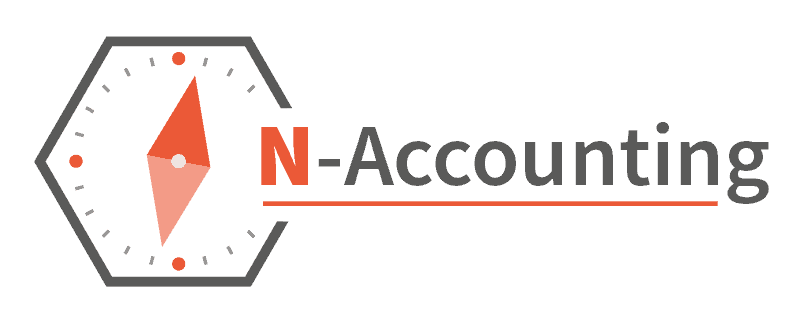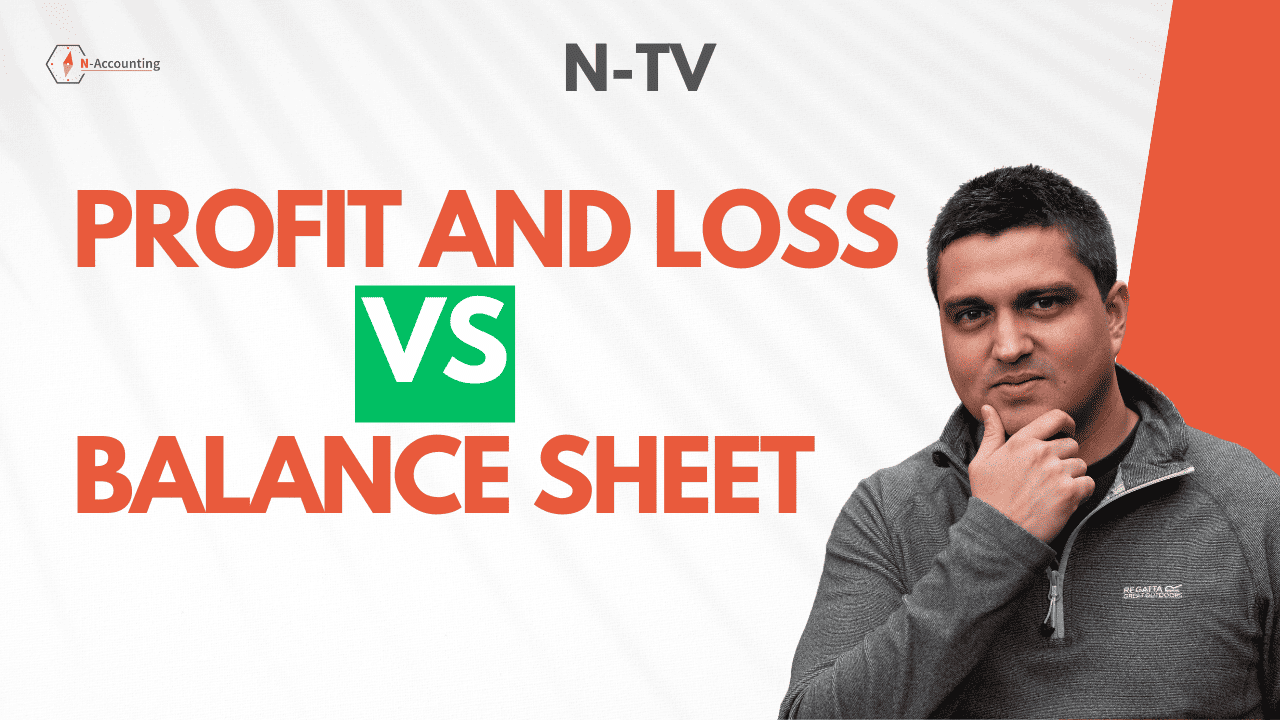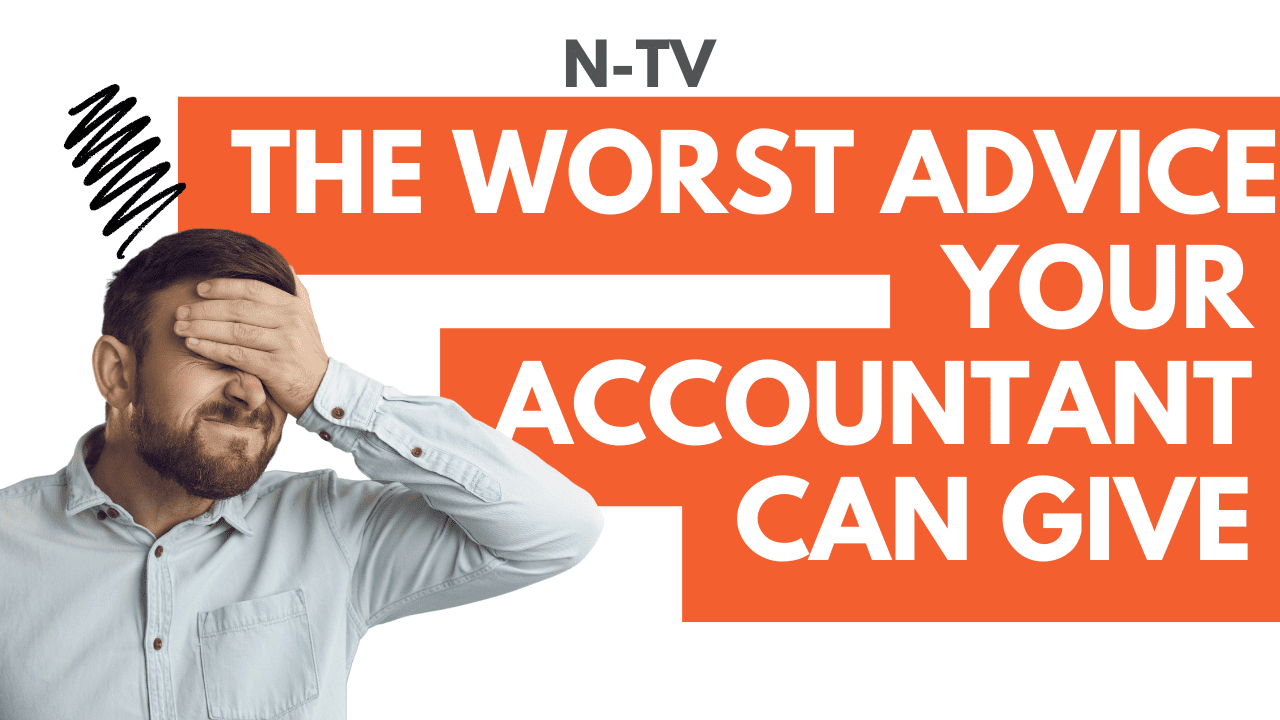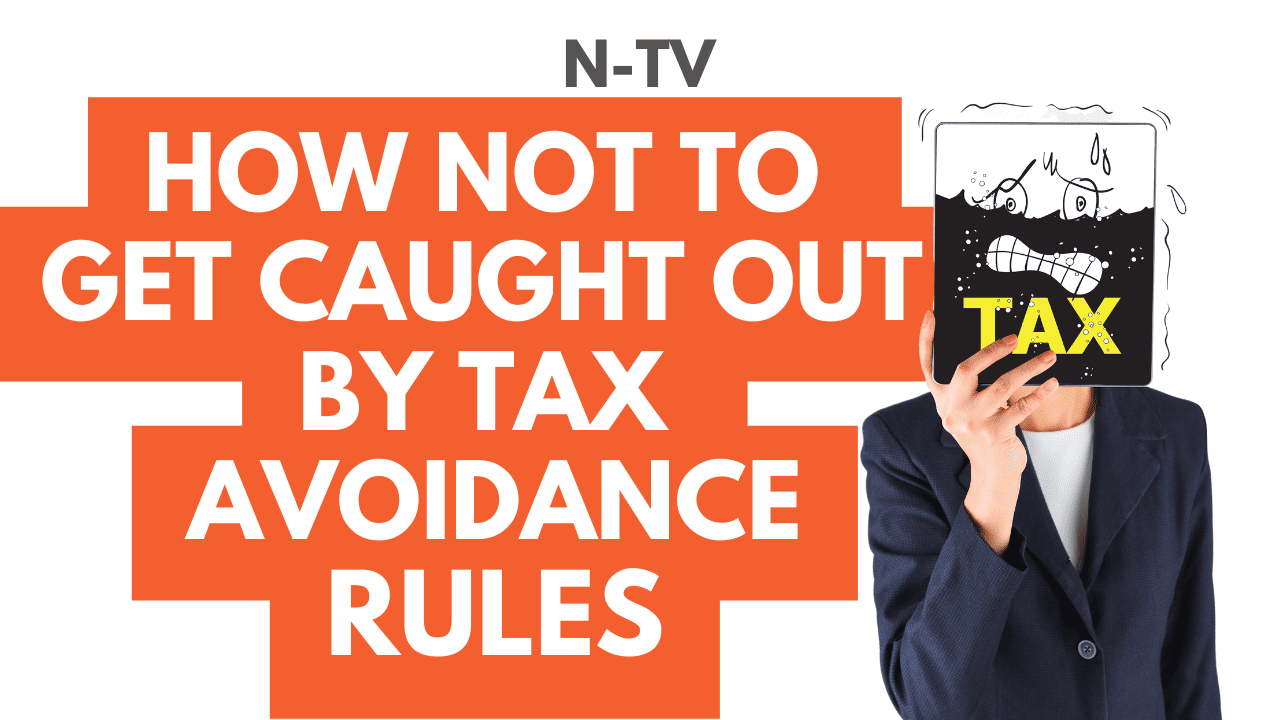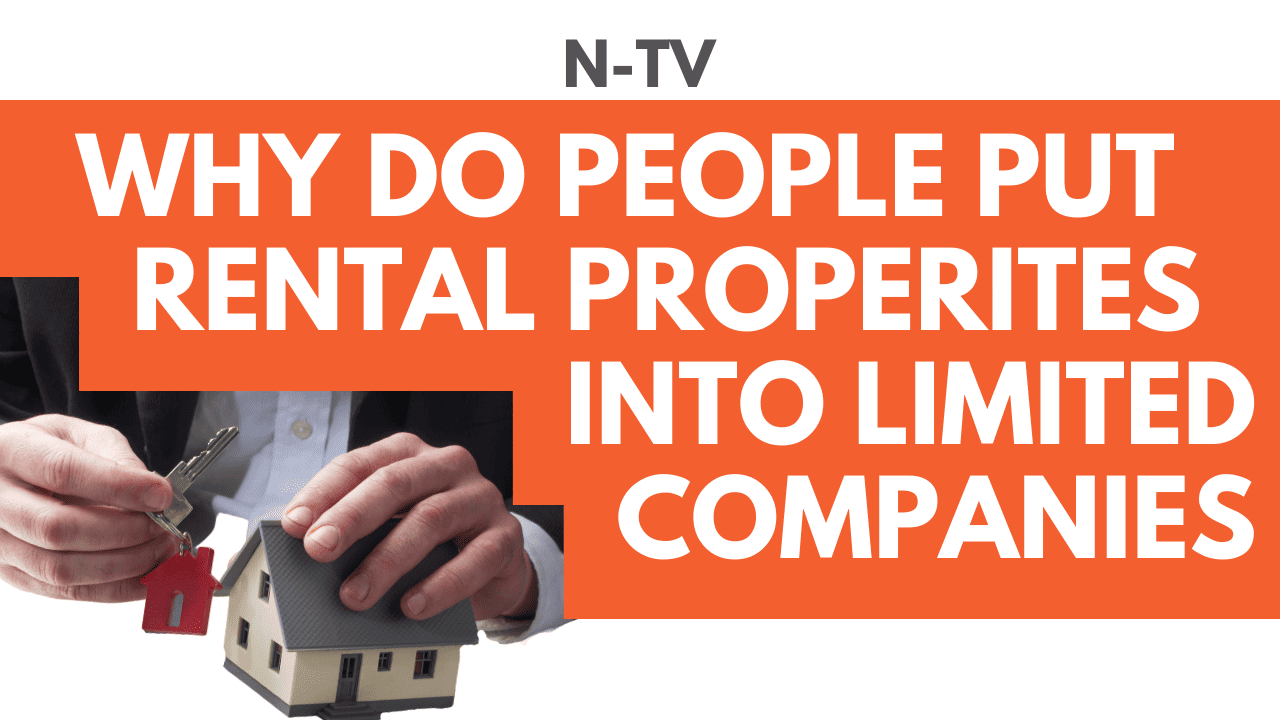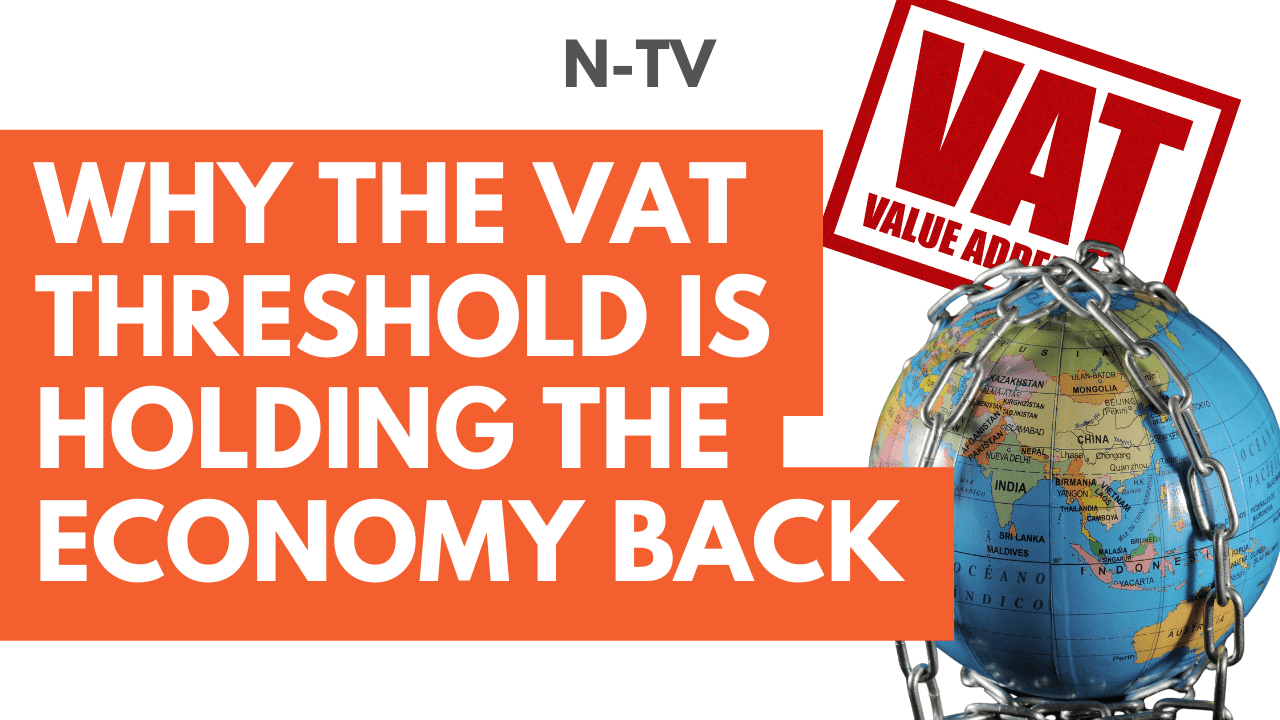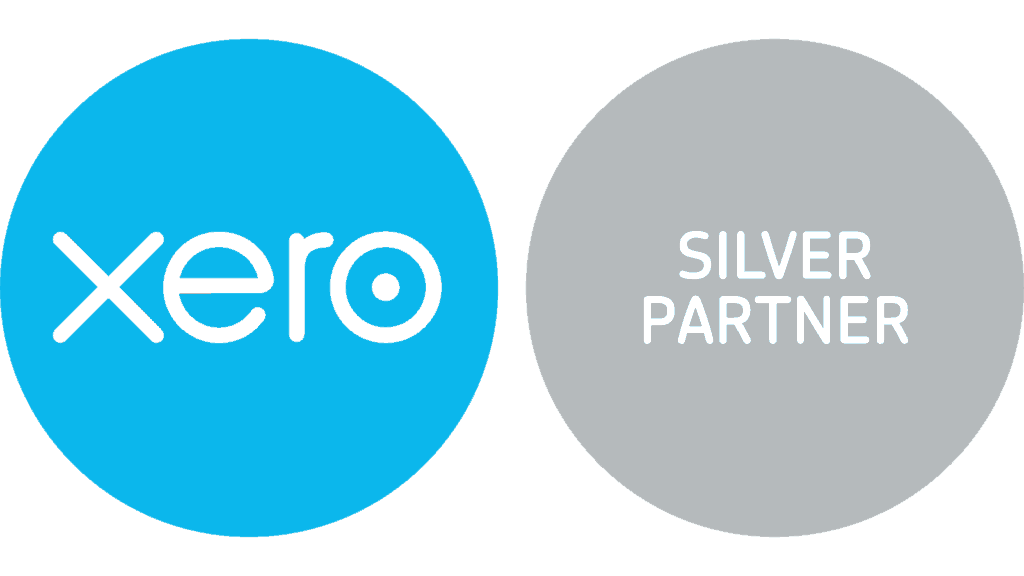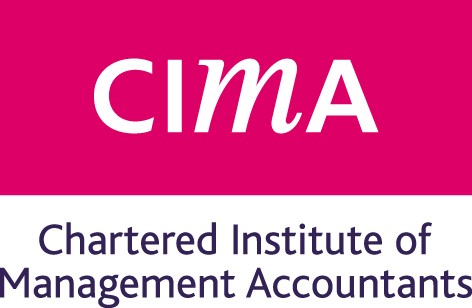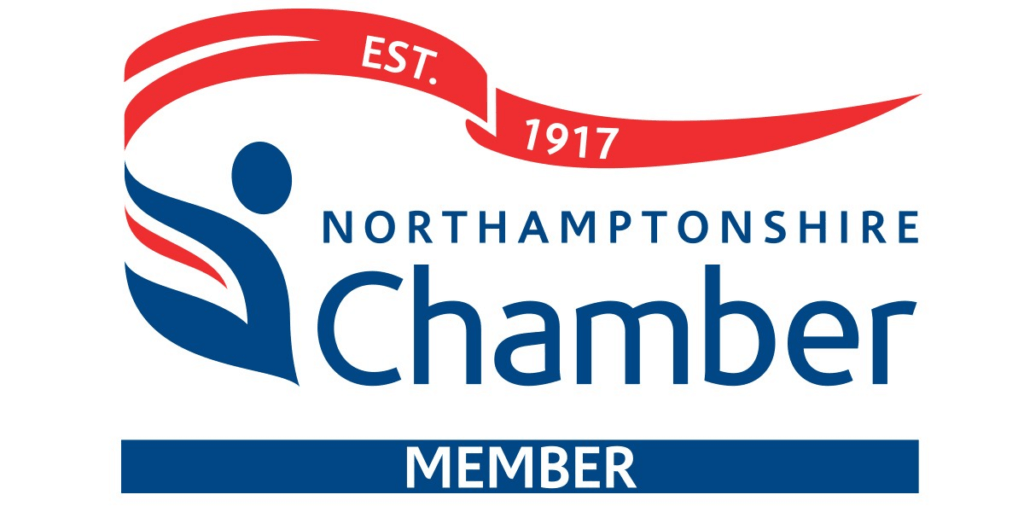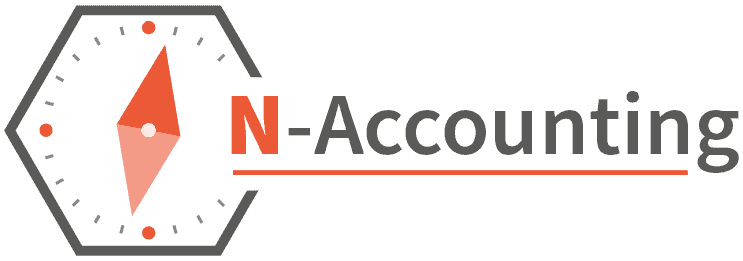I’m just writing to give you an update on the new measures announced by the chancellor this afternoon and pre-empt some of your questions:
Am I self-employed?
Firstly, if you work through your own limited company as a director and shareholder, you ‘re not self-employed. Technically you’re an office holder, employee and investor which means that it’s likely you will be entitled to the 80% retention scheme to cover part of your director’s salary, but not any grant to cover your lost dividend income. The government hasn’t mentioned anything about dividend support and hasn’t confirmed if there will be any exclusions for company directors on the retention scheme or how to deal with irregular salaries where people earn different amounts every month.
I am self employed
This means that you work as a sole trader or in a partnership. The government will provide a grant to cover up to £2,500 of your income per month and you’re allowed to keep working if you can. This will be an average of your last three self-assessment tax returns which is great if your income has been decreasing year on year but not so great if you’ve had good growth in your business. They mentioned that payments would start to come through in June and this will be available for businesses that are still profitable.
When will I get the support?
This will depend on the type of scheme, but the government indicated today that the self-employed payments will happen in June and that could also be the timeline for the others as well.
How do I claim it?
The details are vague, but it’s likely to be through a government portal they are currently building where you can submit evidence and provide bank details.
Why is there so little information?
Frankly it because the government are winging it and trying to work out the details later. They want to help as many people as they can, however it will be easy for people to take advantage of this support and they are trying to work out some rules that make sure this doesn’t happen. Unfortunately, there could be some collateral damage from the government’s restrictions.
Looking for a new accountant?
GET IN TOUCH
The Government said I don’t need to pay my VAT bill?
Yes, that’s correct, for quarters ending February, March & April it can be paid by April 2021. But you’ll still need to file the VAT return and remember to cancel the direct debit, or it will be taken anyway. You’ll still get reminder letters from HMRC over this period, so you’ll need to ignore them and make sure you have a reminder in your diary to pay it in April 2021.
What about my self-assessment payment on account?
Your July 2020 payment on account has also been delayed to January 2021, just remember to cancel the direct debit or standing order if you already have one set up. Also have a think if your business profits are going to be much lower in the year ending 5th April 2020 as you may be able to reduce your PoA’s and get a refund of some of the money you paid in January 2020.
What about delaying other tax payments?
HMRC have their usual time to pay service running and you can call them to arrange a payment plan on any other taxes that you owe. Just be clear on the phone with them what’s caused the cashflow issue and how you expect it to be resolved. The waiting times at the moment are pretty long so be prepared.
Should I give my staff full pay while they’re laid off?
The government would cover 80% of their pay so if you did, you’d need to cover the last 20% from your business. This is a tricky one to answer, but just keep in mind that employees stuck at home and not working will have much lower costs then they usually would have in their normal day to day lives. In addition to this your business may need every penny it has to get through the coming months so it could make sense to negotiate with the employees in question and see if they will sacrifice some of their pay so you can use the money to provide better job security in the long term. Please bear in mind that the government support doesn’t override any existing contracts you have with them so you should seek professional advice if you’re not sure where you stand on this.
What can I do today?
If you have a business premises and may be eligible for the £10,000 grant, then it’s imperative you make sure your local council knows you exist. Unfortunately commercial landlords don’t always update the council when a business moves in or out, so you need to identify your office on your councils list of rateable premises and get in touch with them to make sure they know you’re the tenant. If you’ve already received a statement from them at the start of the year saying that you don’t have to pay business rates or just reduced ones, then you’re fine.
Go and get flexible sources of borrowing, via loans and credit cards or even the government backed CBIL’s scheme. Hopefully you won’t need them and can cancel later, but if you do then it will be too late to do anything by the time you realise it, so you need it in place from day one.
Take some time to put together a business and marketing plan and utilise any downtime you have effectively. Time out of your business can be a gift and the starting point of a growth strategy that will take you to the next level.
Stay safe and please get in touch if you need any further advice.
